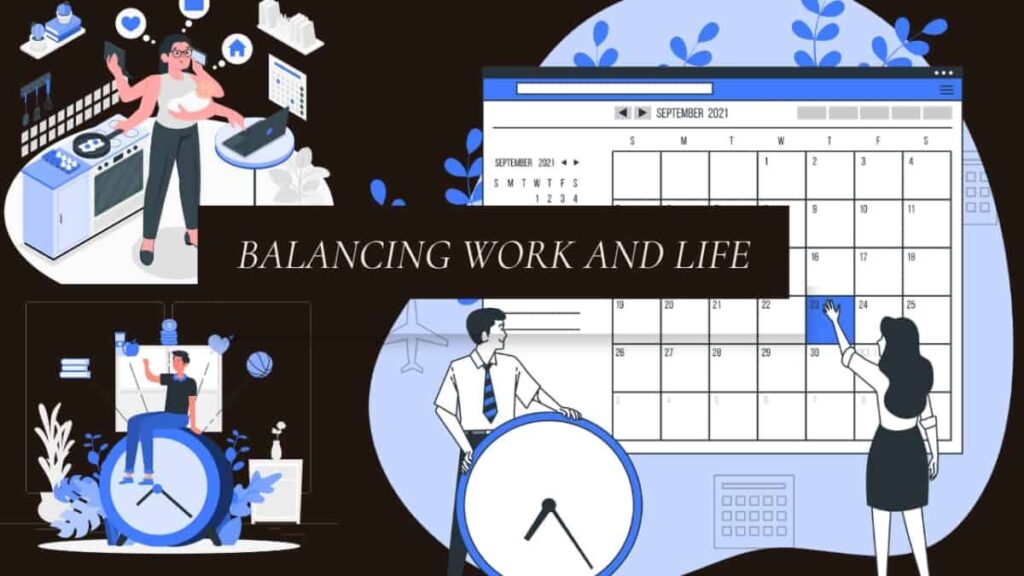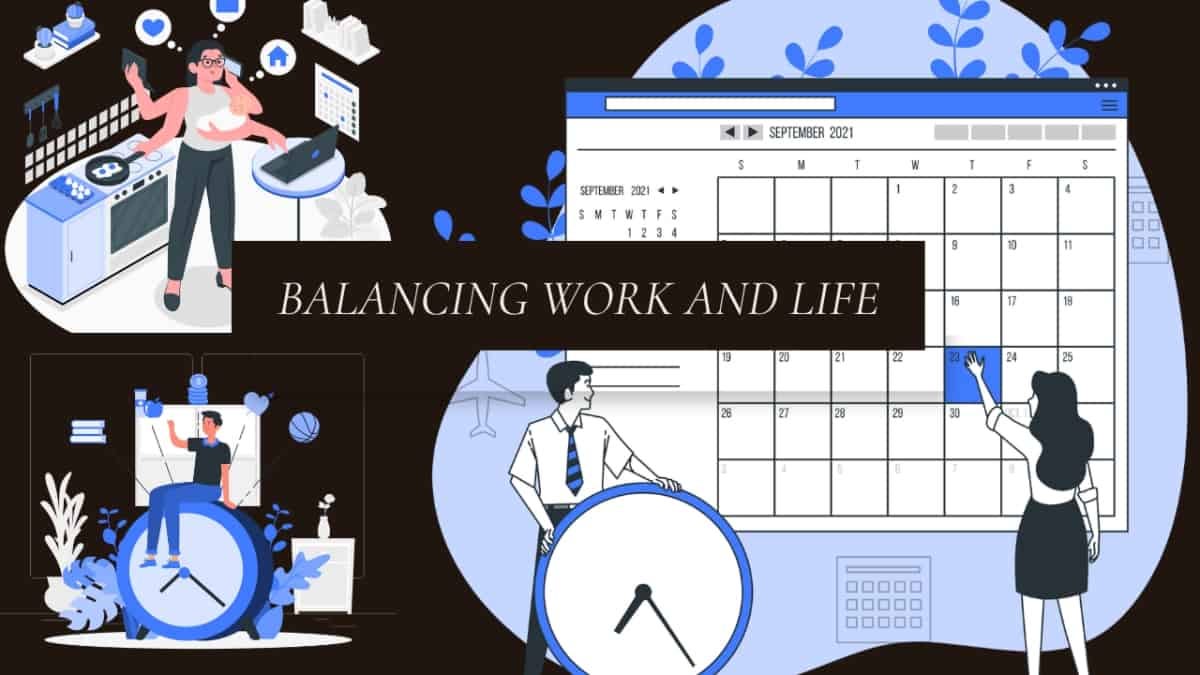In today’s fast-paced world, finding a balance between work and life can be challenging. Many people find themselves overwhelmed by the demands of their jobs, leaving little time for personal pursuits and relaxation. However, achieving a harmonious lifestyle is not impossible. With the right strategies, you can strike a balance between your professional and personal life, leading to a more fulfilling and enjoyable existence. In this blog post, we will explore some effective strategies for achieving this balance.

Set Boundaries:
One of the most important steps in achieving a work-life balance is setting clear boundaries between your work and personal life. This means establishing specific times when you will work and when you will focus on your personal life. Avoid checking work emails or taking work calls during your personal time, and vice versa. Setting boundaries will help you create a clear separation between your professional and personal life, allowing you to fully enjoy both.
Prioritize Your Tasks:
Another key strategy for achieving a work-life balance is prioritizing your tasks. Identify the most important tasks that need to be done each day and focus on completing them first. This will help you avoid feeling overwhelmed and ensure that you are making progress on your work while still having time for your personal life.
Learn to Say No:
Many people struggle with saying no to additional work or commitments, fearing that they will disappoint others. However, learning to say no is essential for maintaining a healthy work-life balance. Be selective about the tasks and commitments you take on, and don’t be afraid to decline those that will interfere with your personal time.
Make Time for Yourself:
It’s important to carve out time for yourself each day to relax and recharge. Whether it’s reading a book, going for a walk, or practicing a hobby, taking time for yourself will help you de-stress and maintain a healthy work-life balance.
Stay Organized:
Staying organized is key to managing your time effectively and achieving a work-life balance. Keep track of your tasks and commitments, and use tools such as calendars and to-do lists to stay on top of your schedule. This will help you avoid last-minute stress and ensure that you have time for both work and personal activities.
Practice Mindfulness:
Mindfulness is the practice of being fully present in the moment, without judgment. Practicing mindfulness can help you reduce stress and improve your overall well-being, making it easier to achieve a work-life balance. Try incorporating mindfulness techniques such as meditation or deep breathing into your daily routine to help you stay centered and focused.
Delegate Tasks:
If you find yourself overwhelmed with work, consider delegating tasks to others. Whether it’s at work or at home, delegating tasks can help you free up time for other activities and reduce your stress levels. Remember, it’s okay to ask for help when you need it.
Set Realistic Goals:
Setting realistic goals for yourself is important for maintaining a healthy work-life balance. Avoid overcommitting yourself and be honest about what you can realistically accomplish in a given timeframe. Setting achievable goals will help you avoid burnout and maintain a balanced lifestyle.
In conclusion, achieving a work-life balance is essential for leading a fulfilling and harmonious lifestyle. By setting boundaries, prioritizing tasks, learning to say no, making time for yourself, staying organized, practicing mindfulness, delegating tasks, and setting realistic goals, you can create a balanced life that allows you to thrive both personally and professionally.
